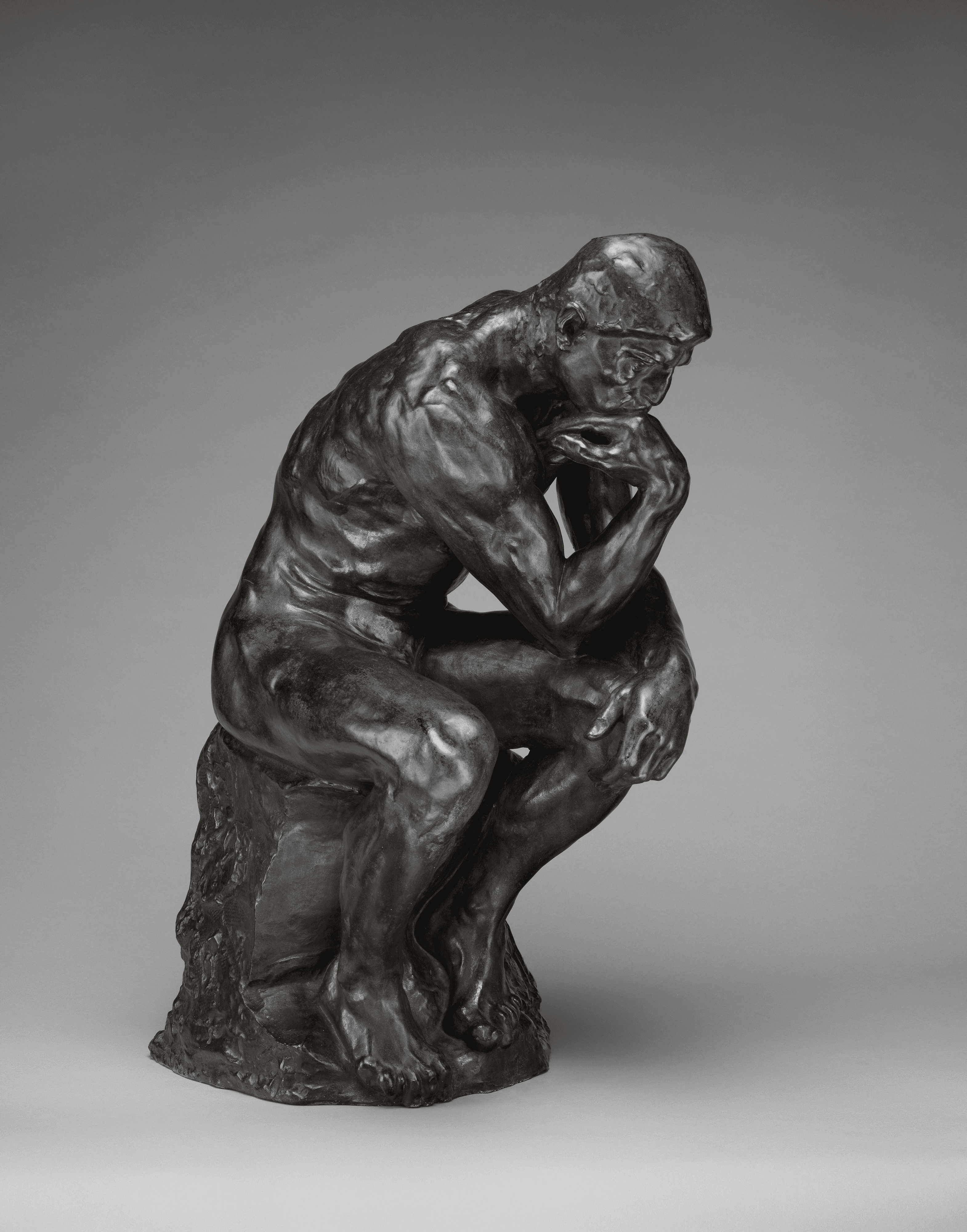The How Matters

I recently had a situation come up with a patient who was very angry and frustrated due to a delay in their partner’s prescription. The first I heard of the situation was raised voices coming from the counter between the patient and the Dispenser. I decided to go to the front and asked if I could have a word with the Dispenser in the back for a quick moment. The Dispenser explained to me that the patient wanted a prescription that was not here, and they were annoyed, but the Dispenser had said it was the GP’s fault, and they should go speak to the GP. As much as some people love playing the blame game, I have never found it to be productive. After some digging, I found the patient was due a review, and the reason the GP had not issued the prescription was that the patient had not been reviewed. I explained to the patient, made sure they had some tablets at home, and had enough medication before they could contact the GP and sent them on their way.
The thing that struck me was the fact that the patient was so much more responsive to me when I was speaking to them, compared to the Dispenser. This was due to a number of factors: de-escalation, remaining calm even when the patient was screaming at me, explaining to the patient instead of just saying no, and showing empathy rather than just having a “not my problem” attitude. All of this, though, was summarised in how the issue was approached. I could have raised my voice, even kindly told the patient I would not speak to them until they had stopped shouting at me, but instead I realised I can deliver the same message as the Dispenser but in a new way; a way that makes the patient feel like they are not being ignored or dismissed. This made all the difference, but this can be extrapolated and implemented in many other aspects of life.
The method in which we approach things and try to do things matters. We can easily try to reach the same goal as others around us, but achieve it in a different way, and the method can have a large impact. We can easily solve a problem or make it worse, and the way in which we approach it will have a large impact. There are many correct ways to do something, but there are also many less-than-ideal ways and many incorrect ways to do something. The how matters.
There’s an old story about a King who had a repeated dream of all his teeth falling out, so he called his advisors and asked what this might mean. The first one said it means all his children will die before him, so he became upset and ordered that he be imprisoned and punished. The second said he will be the longest person in the life of his family, the king became happy and asked him to be rewarded and made him his right-hand man. In both instances, the message was one, but one phrased it in a positive way, the other in a very negative and upsetting way. The how matters.
We often get really bogged down and focus on what our objectives are and why we need to do something, but neglect how we do something. I’m not talking about the practicality here, but the attitude and our perfection of the task. How often have we reminded ourselves of making sure we do something to the best of our abilities and doing it with all our heart? The sincerity with which we do actions and specific purposes is a huge factor.
I recommend looking into Aristotelian Virtue Ethics, the idea that a good life (Eudaimonia) can only be attained by acting with purpose through cultivating virtue through practice, conscious and rational choices. This concept requires deliberation (Prohairesis) we cannot act impulsively without intention and thought to our actions and what we are doing.
In this day and age, we easily start doing things without thought, often doing things on “autopilot”; our minds are somewhere while our actions are elsewhere. This becomes the greatest obstacle to high achievement and attainment. High-performing individuals will act with purpose and deliberation; the reason these individuals do so well is that they do not waste effort frivolously on tasks, but do them with specific goals, and each action and decision is weighed and measured.
We do well when we start considering how we do things. Every small deed and action, when done with intention, can be multiplied, but we first must think and consider our actions and how we do them. We can minimise our effort and maximise output when we implement this small and simple strategy.
Next time you start doing something, take a step back and give yourself a moment to think about how you are doing something; are you doing it in the best way possible and to the best of your ability?